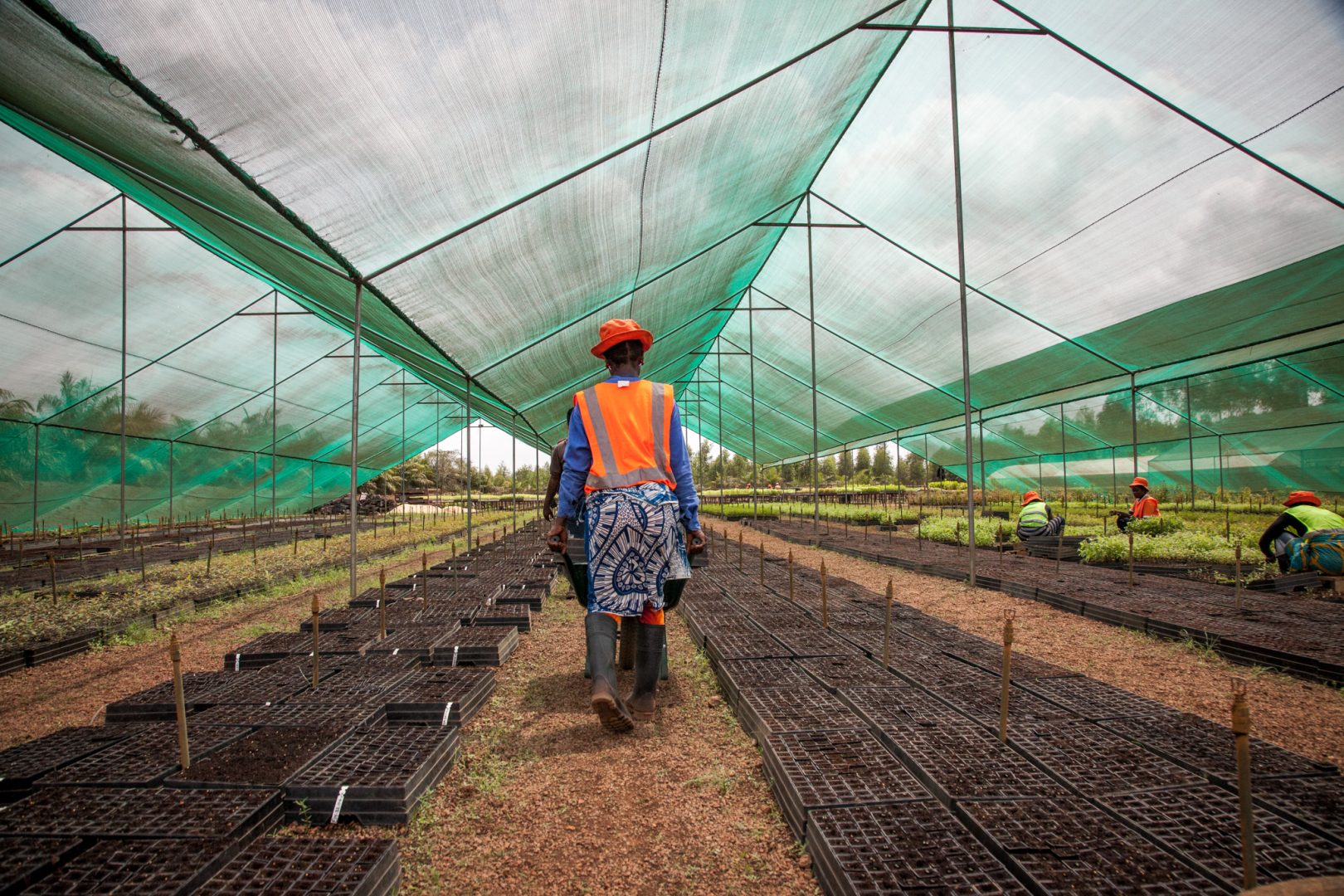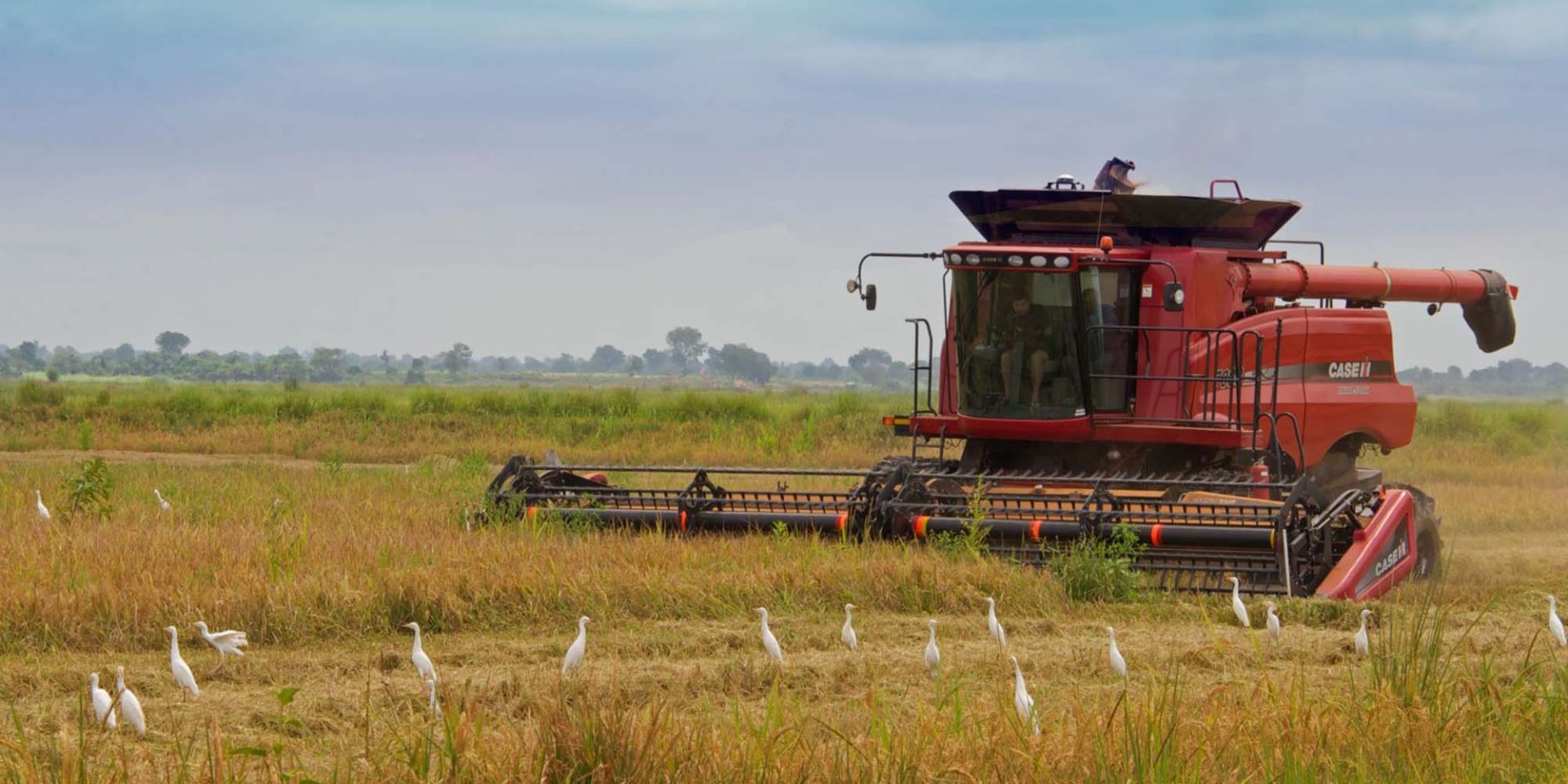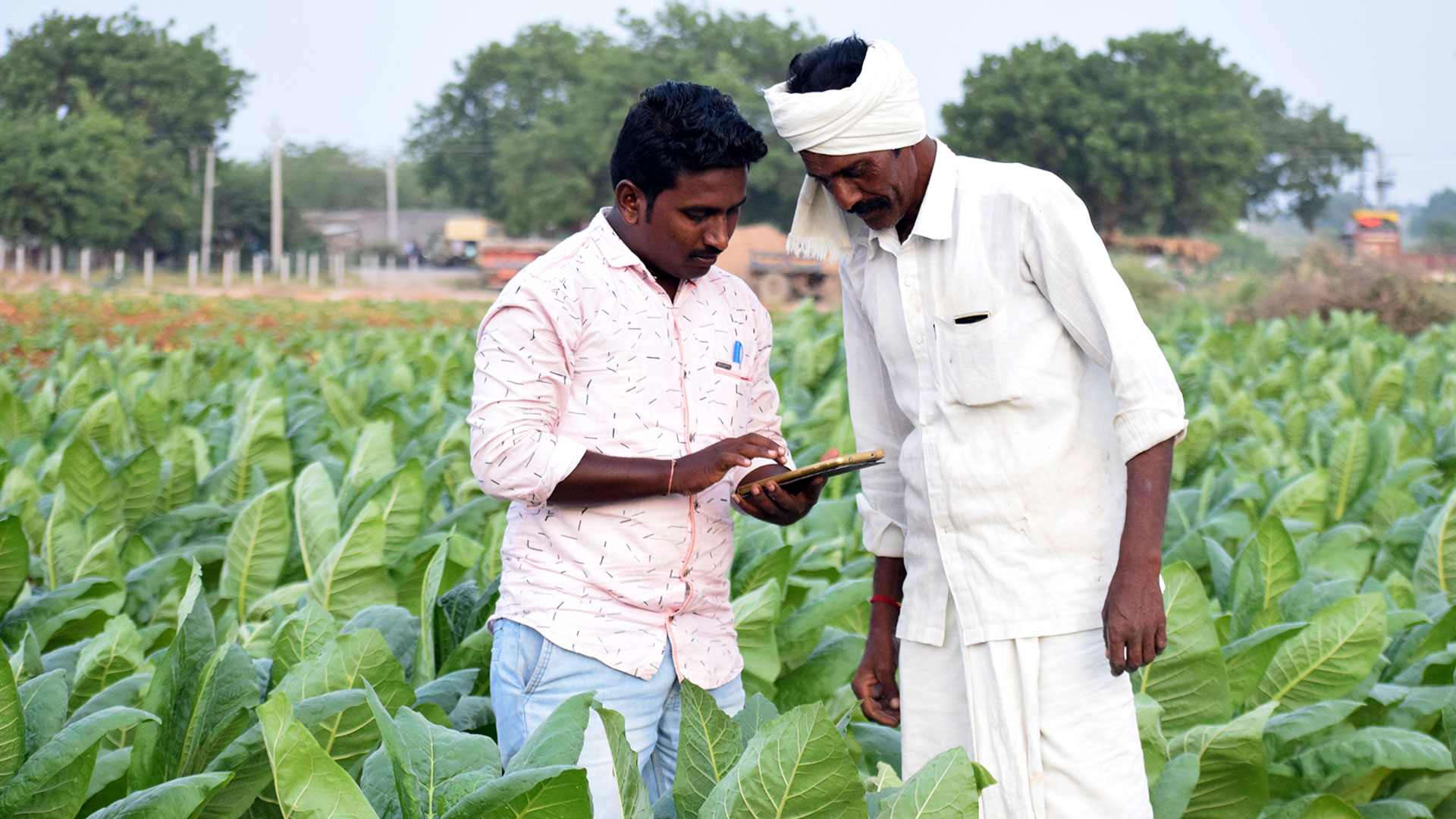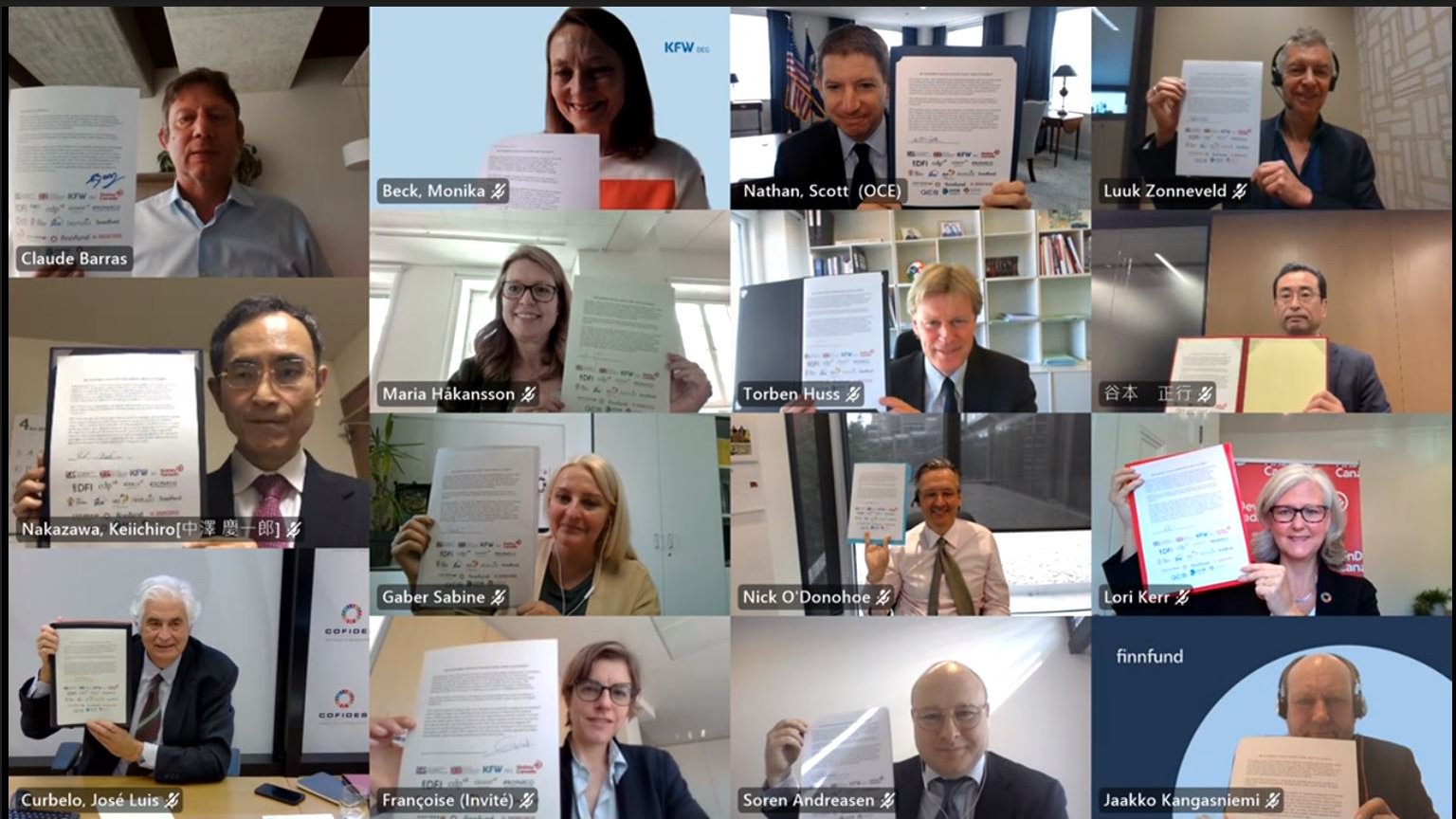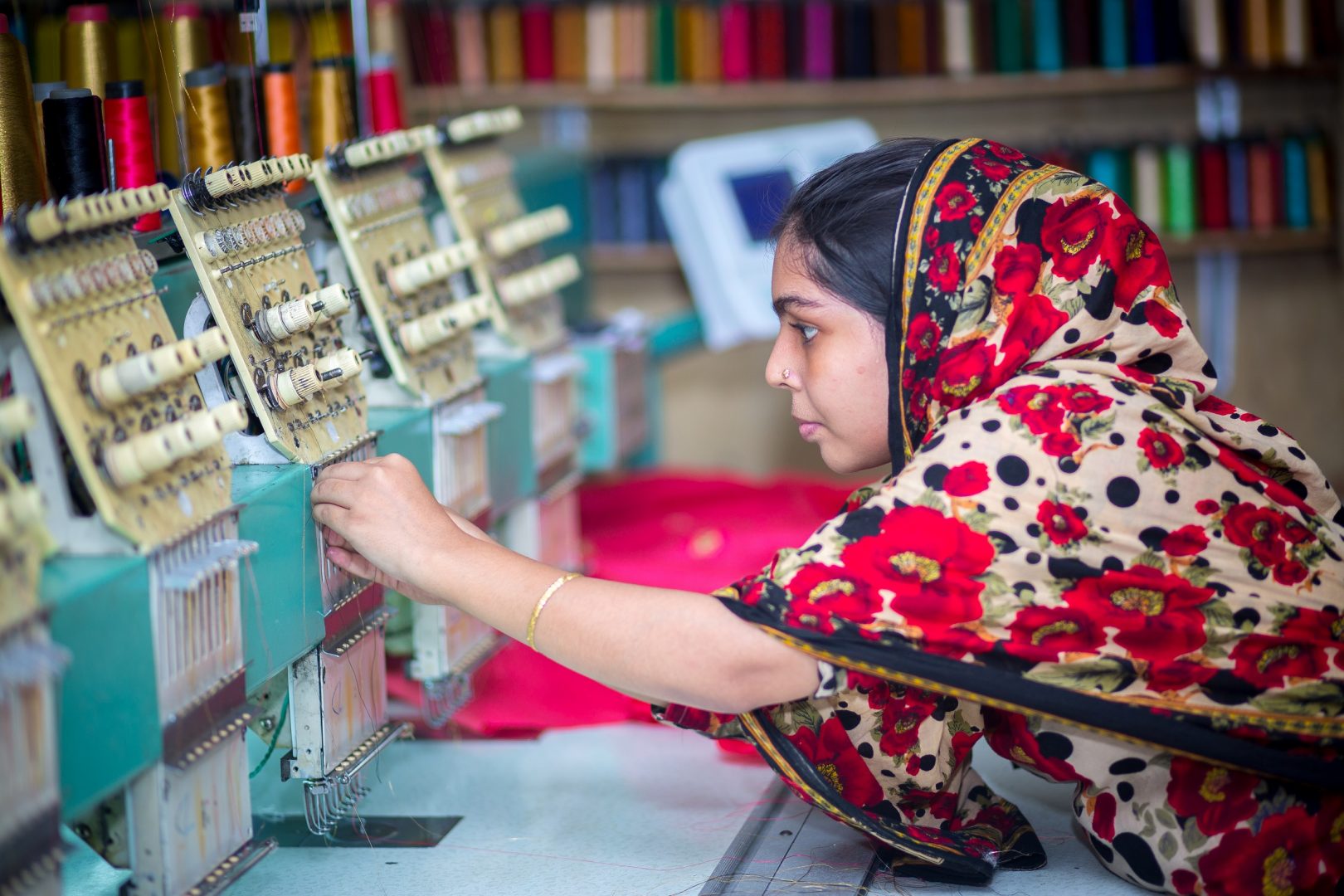At CDC, we aim to help solve the biggest global development challenges by investing patient, flexible capital to support private-sector growth and innovation.
To help inform the development impact objectives of our forthcoming 2022-2026 strategy, which we will publish later this year, we’ve gone back to first principles and asked ourselves three questions: What is development? What is the role of private investment in development? Why do we need publicly-owned DFIs to intervene in private investment markets? Our answers to these questions are presented in this background paper: The economics of development finance.
Our view is that three things are needed to achieve the UN’s SDGs by 2030 and meet commitments under the Paris Agreement:
- Economies must grow to provide decent jobs and raise living standards for all.
- Economic activity must be transformed to become environmentally sustainable.
- The benefits of growth must be shared across all sections of society.
These priorities are the foundations of three impact objectives we have set ourselves in our new strategy: to invest in support of productive, sustainable, and inclusive development. By understanding how private investment contributes to these objectives and why DFIs are needed, we can identify where we can have the greatest impact and prioritise our investments.
The paper explains that we need publicly-owned DFIs to invest in private enterprises because there are instances where the “social returns” on investments – the benefits to people and planet – diverge from the private financial returns for investors. Social returns include the direct impact of investments on workers, customers and the environment, but often are more significant when investments indirectly affect many firms, for example by reducing the price and improving the quality of crucial inputs that businesses need to succeed, or by pioneering new business models that prompt a competitive response or generate knowledge that others can use. As social returns are often not fully reflected in private profits, impact-oriented DFIs can think about investment in ways private investors would not.
More details about how we will put our strategic development impact objectives into practice will be shared in our forthcoming 2022-2026 strategy.
Before then, please join us for an event with the ODI on 16 November, where we will discuss the economics of development finance and where investments do the most to help solve global development challenges. Register now
